Prime Minister Pham Minh Chinh requested the Ministry of Finance to immediately develop regulations requiring the use of electronic invoices generated from cash registers to avoid tax losses.
Speaking at the Conference on summarizing the State financial and budget work in 2024 and deploying tasks for 2025 on the afternoon of December 31, Prime Minister Pham Minh Chinh assigned the Ministry of Finance to immediately develop regulations requiring the use of electronic invoices (E-invoices) generated from cash registers, especially in areas that are losing a lot of tax revenue such as food and beverage businesses, retail services, etc.
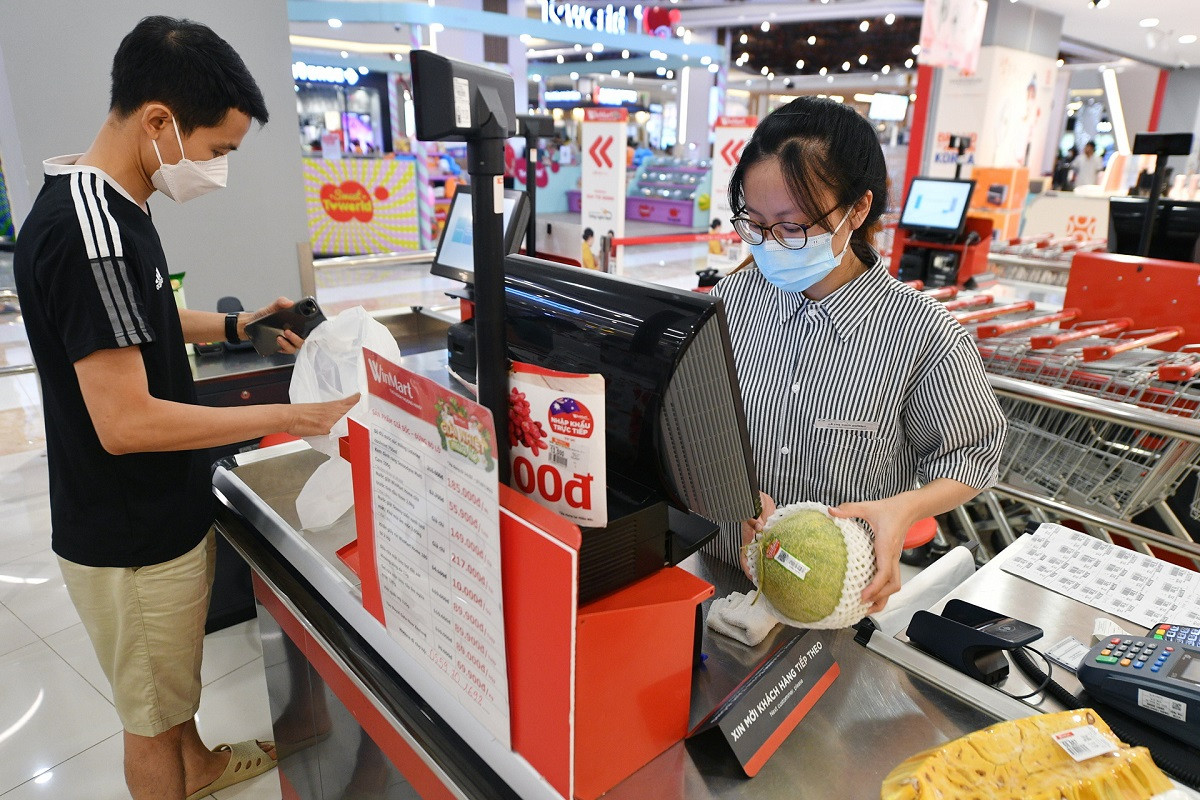
At the conference, General Director of the General Department of Taxation Mai Xuan Thanh said that from the end of 2023 to now, the Prime Minister has issued 2 Official Dispatches on strengthening the management of the use of electronic invoices, emphasizing the implementation of electronic invoices generated from cash registers, and has repeatedly directed and urged in regular meeting resolutions.
The Minister of Finance also issued two documents to secretaries and chairmen of provinces/cities directly under the Central Government, requesting attention and coordination in the leadership and direction of the implementation of electronic invoices initiated from cash registers in the area.
In 2024, in addition to effectively operating the electronic invoice system, the tax authority will continue to promote the implementation of electronic invoices generated from cash registers, focusing on 6 main business groups including: Food and beverage, restaurants and hotels; Retail of goods (shopping malls, supermarkets, retail of consumer goods); Retail of modern medicine; Entertainment services, tourist ticket sales, road passenger transport, beauty services; Gold trading; Golf course services, cable cars, gasoline, road fees.
To date, 92,080 businesses have registered to use electronic invoices generated from cash registers, 2.3 times higher than at the end of 2023; More than 1.3 billion invoices generated from cash registers, 13 times higher than in 2023 (105 million invoices); Revenue recorded through the use of electronic invoices generated from cash registers reached 686 trillion VND, 7.4 times higher than in 2023 (93 trillion VND).
However, the implementation results have not yet reached the set target. The rate of businesses registering to use electronic invoices generated from cash registers has only reached nearly 50% of the total number of businesses eligible to use the service (186,514 businesses).
9 localities have low rates, below 35% (Binh Duong, Vinh Phuc, Bac Kan, Ho Chi Minh City, Lang Son, Quang Ngai, Bac Ninh, Quang Nam, Tuyen Quang), 4 localities below 50% (Vinh Phuc, Kon Tum, Phu Tho, Dong Nai).
Director General Mai Xuan Thanh pointed out a number of limitations and difficulties in implementing electronic invoices initiated from cash registers.
Firstly, there is no mandatory regulation to apply electronic invoices generated from cash registers to the subjects subject to implementation.
Second, taxpayers' concerns: Fear that authorities will know their real revenue; Concern that implementation will be costly and involve technical issues; Not seeing the clear benefits of using electronic invoices generated from cash registers.
Third, consumers are not in the habit of getting receipts when purchasing goods and services, while measures to encourage consumers to get receipts are not strong enough. The Lucky Invoice Program has limited funding, so the entire year only awards 30 billion VND, the number of prizes is not much, the spending is low, and it has not attracted consumers.
Fourth, some localities have not really taken action. There are still 16/63 localities that have not established a Steering Committee to implement electronic invoices initiated from cash registers.
Mr. Thanh said that in 2025, the General Department of Taxation will promote electronic invoices generated from cash registers, considering this a key task, contributing to building a healthy production and business environment and preventing budget losses.
Source: https://vietnamnet.vn/phai-quy-dinh-bat-buoc-su-dung-hoa-don-dien-tu-khoi-tao-tu-may-tinh-tien-2358861.html




![[Photo] General Secretary To Lam arrives in Minsk, begins state visit to Belarus](https://vphoto.vietnam.vn/thumb/1200x675/vietnam/resource/IMAGE/2025/5/11/76602f587468437f8b5b7104495f444d)
![[Photo] General Secretary To Lam concludes visit to Russia, departs for Belarus](https://vphoto.vietnam.vn/thumb/1200x675/vietnam/resource/IMAGE/2025/5/11/0acf1081a95e4b1d9886c67fdafd95ed)


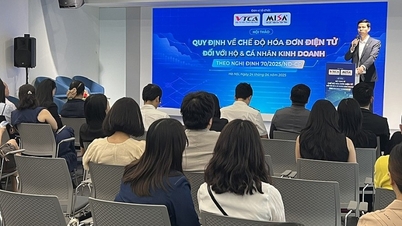




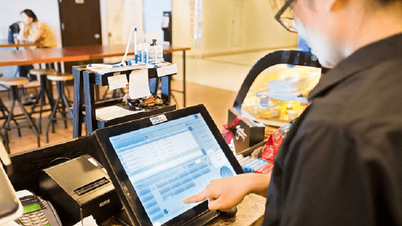


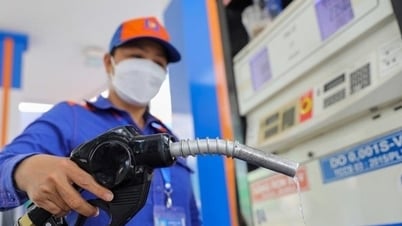

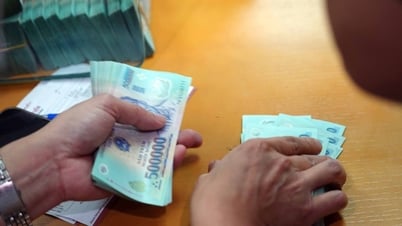


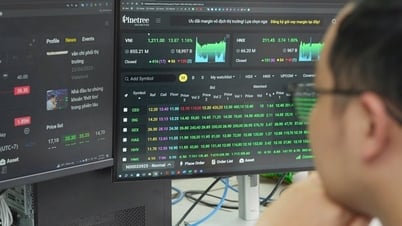









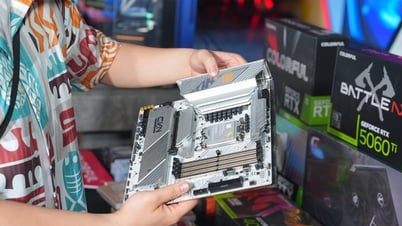


![[Photo] National Assembly Chairman Tran Thanh Man attends the Party Congress of the Committee for Culture and Social Affairs](https://vphoto.vietnam.vn/thumb/1200x675/vietnam/resource/IMAGE/2025/5/11/f5ed02beb9404bca998a08b34ef255a6)










































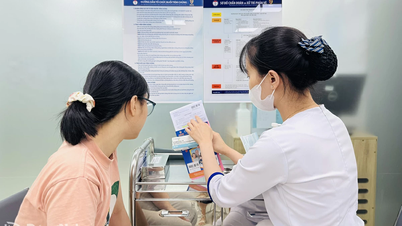



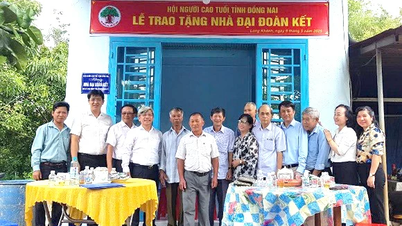











Comment (0)